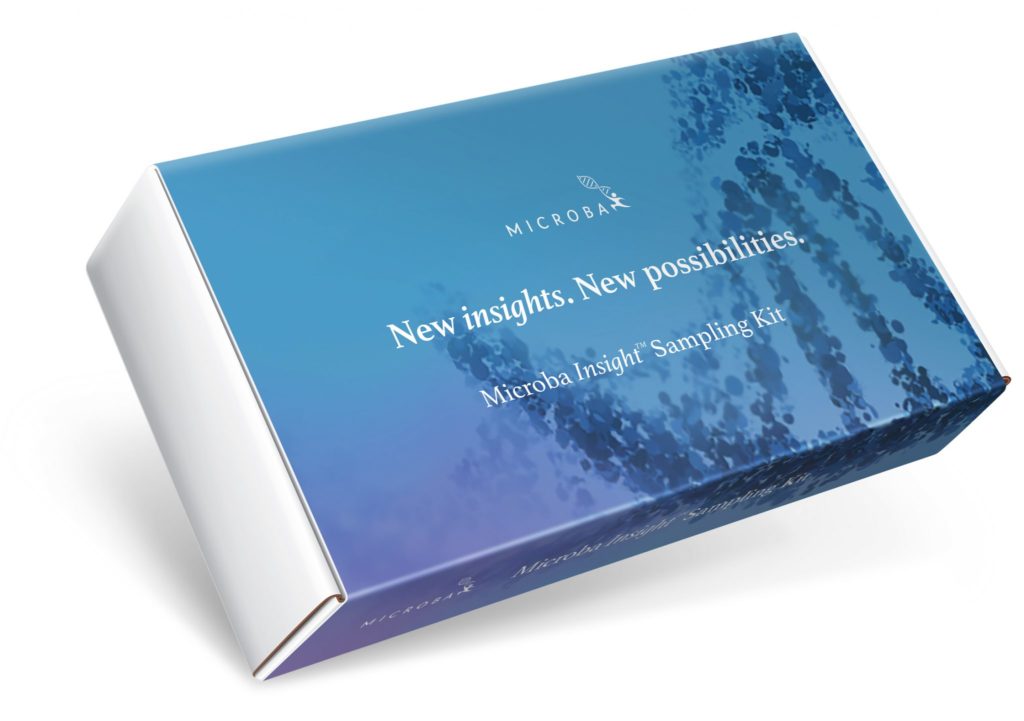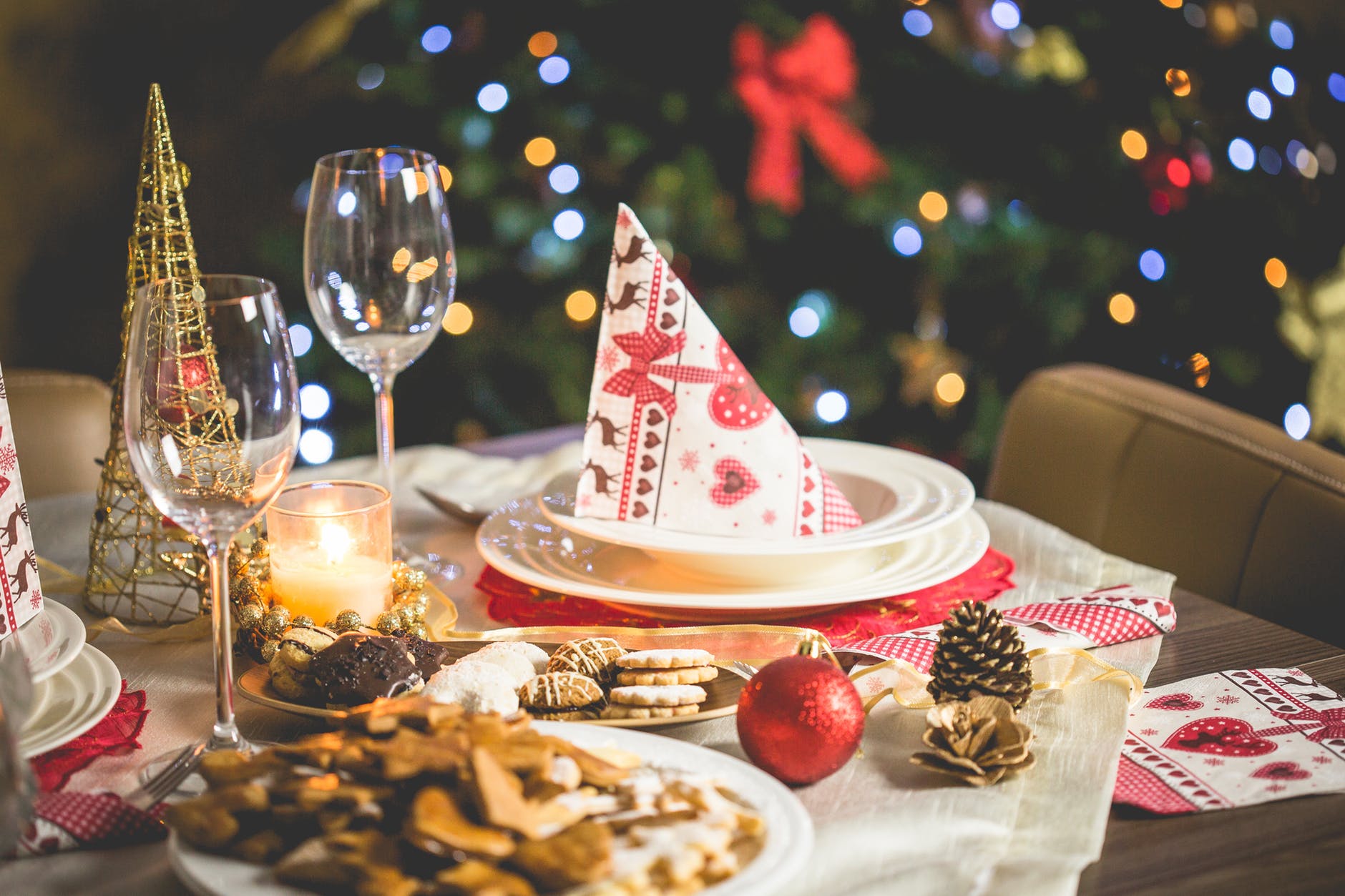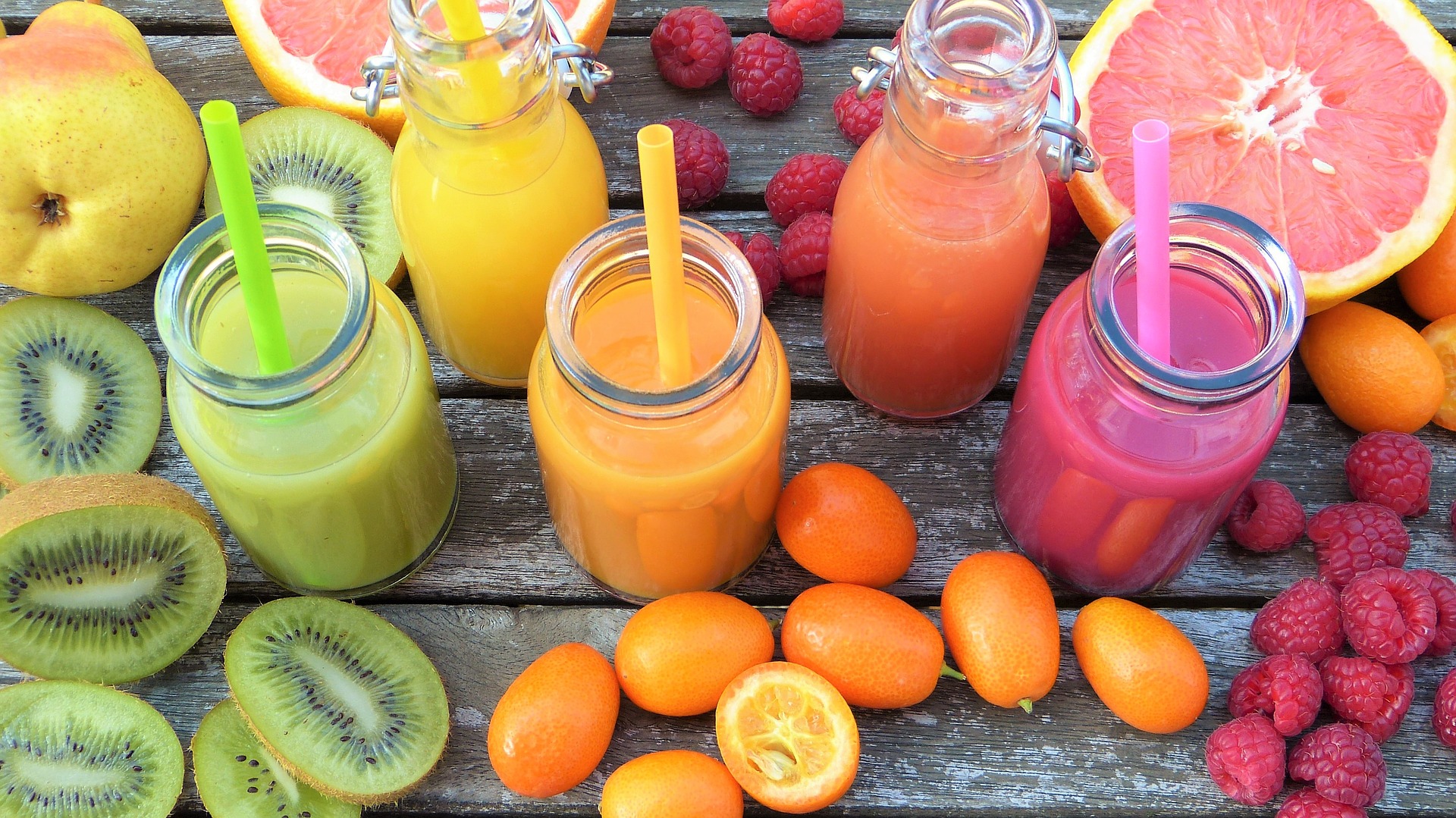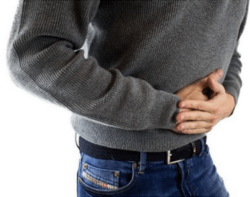It is safe to say, Gut health and Christmas rarely go hand-in-hand. Christmas parties and family feasts are an exciting time for social interaction and for treating your taste buds. It is lovely to sit around the table with friends and loved ones chatting and enjoying each other’s company, telling stories of the year that has passed.
But the indulgent meals and snacks that hit the Christmas table can cause your tummy to do backflips and cartwheels, for some, even by just looking at it. Your eyes and taste buds are saying “oh goody yes, yes Christmas food!”. But your gut is saying “nooooo don’t do this to me!”. Then, come the New Year celebrations not long after. Where is the time to rest and digest?
Here are some tips and tricks to guide you through the silly season.
Stress is enough to churn your gut
Preparing large meals for a big group of people can be stressful. By doing the majority of the prep work the day or night before, you will reduce your stress levels, make your gut happy for Christmas day and be able to enjoy yourself as you should.
Christmas lunch/dinner doesn’t have to be unhealthy
Turkey is a fantastic source of tryptophan, which helps us make our happy hormones serotonin and melatonin, both helping you to feel more relaxed and happier. Also, a lean source of vitamins B and protein, turkey is a great way to fill you up and give you energy for the socialising ahead. Remember to remove the skin to reduce the saturated fat you eat for the day. Fill your plate with mostly vegetables to fill your tummy with goodness and leave less room for dessert and nibbles that are not so tummy friendly.
You booze you lose
Well kind of. Its okay to have a drink or two with loved ones to celebrate gathering together but take care of the types of alcoholic beverages you choose. Reduce your champagne, wine and beer intake to just 1 and opt for vodka or gin and soda. These carry less calories and little sugar to disrupt your friendly little guys in the gut reducing impact on gut health. Alcohol in general is enough to aggravate some gut conditions so know your limits. Stay hydrated between alcoholic beverages.
Get ahead of the dreaded post feast bloat
Stick to one smaller size plate with half vegetables and some protein. Chew your food slowly and thoroughly. Teas can be beneficial in reducing any bloating and nausea post meal, including ginger and peppermint tea.
Get your move on or your groove on
Exercise in the form of walking, pre-event gym or dancing with some Christmas music can help your body to prepare, process and digest food. It will also help you to burn off some of those extra calories.
Have fun, be merry and enjoy your Christmas.
Danielle x

Microba Testing + Consultation
IMPORTANT – This product and service package is pre-order only (available from July 1st 2024)
Price includes Microba Testing Kit, Results and Consultation
Microba Testing is applauded for being the most comprehensive microbiome test available.
Your gut is a complex place with a complex network of microbes. Your unique microbial population have the potential to influence your health in both positive and negative ways, depending on the balance and density of various types of bacteria.
Using Microba’s unmatched technology, we gain insight into the whole microbiome picture. You and your practitioner are given the upper hand to be able to respond to the environment and provide microbial balance for improved health.
This simple, non-invasive, home Microba test takes the guess work out of digestive function and total body flow on effects.
Consultations are available via Telehealth or In-Clinic.



